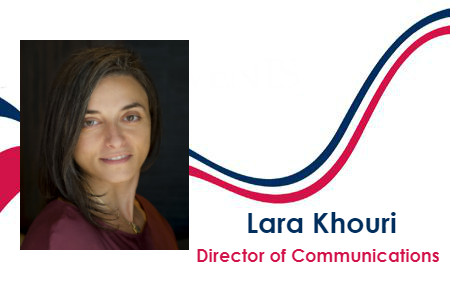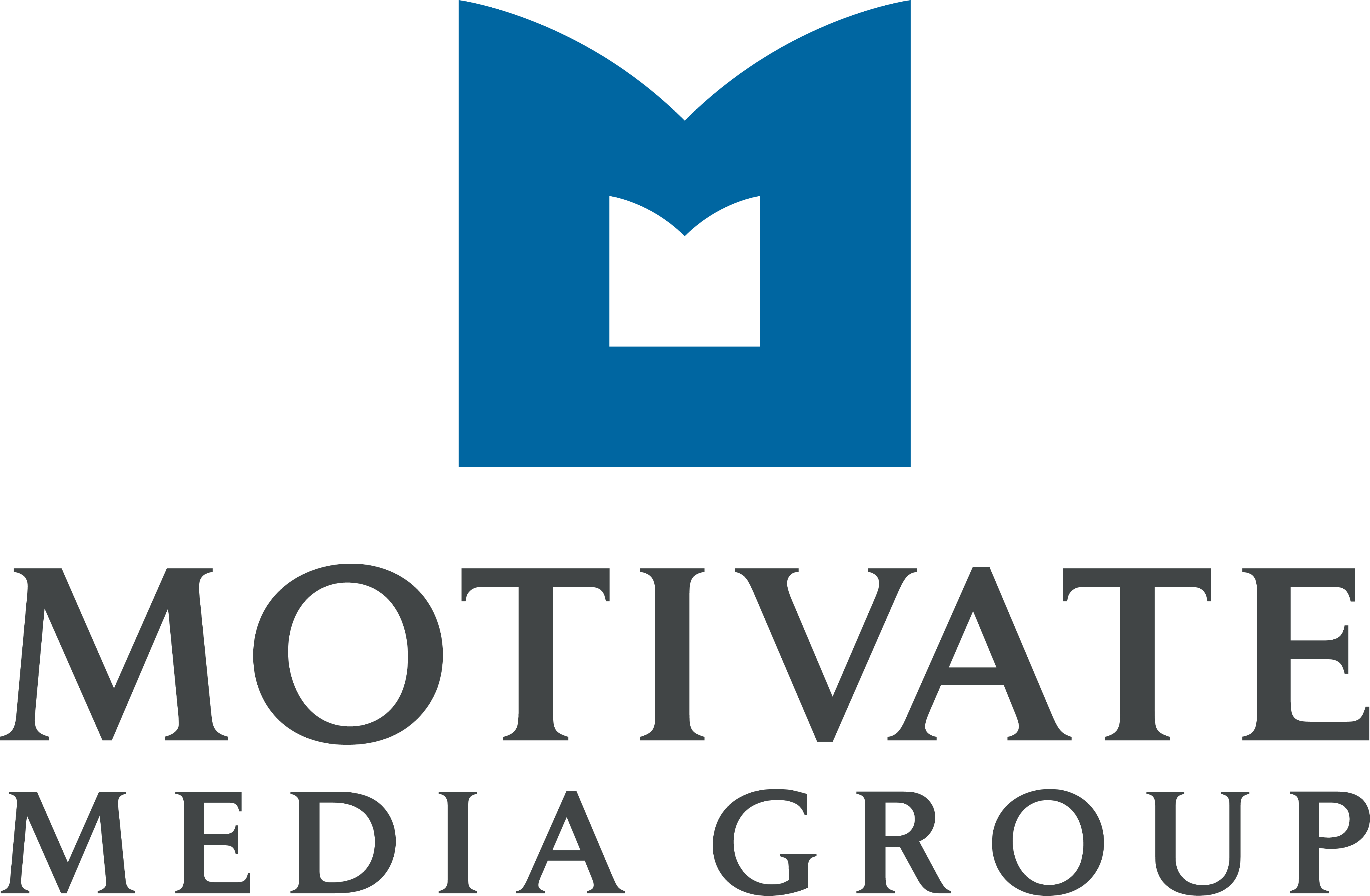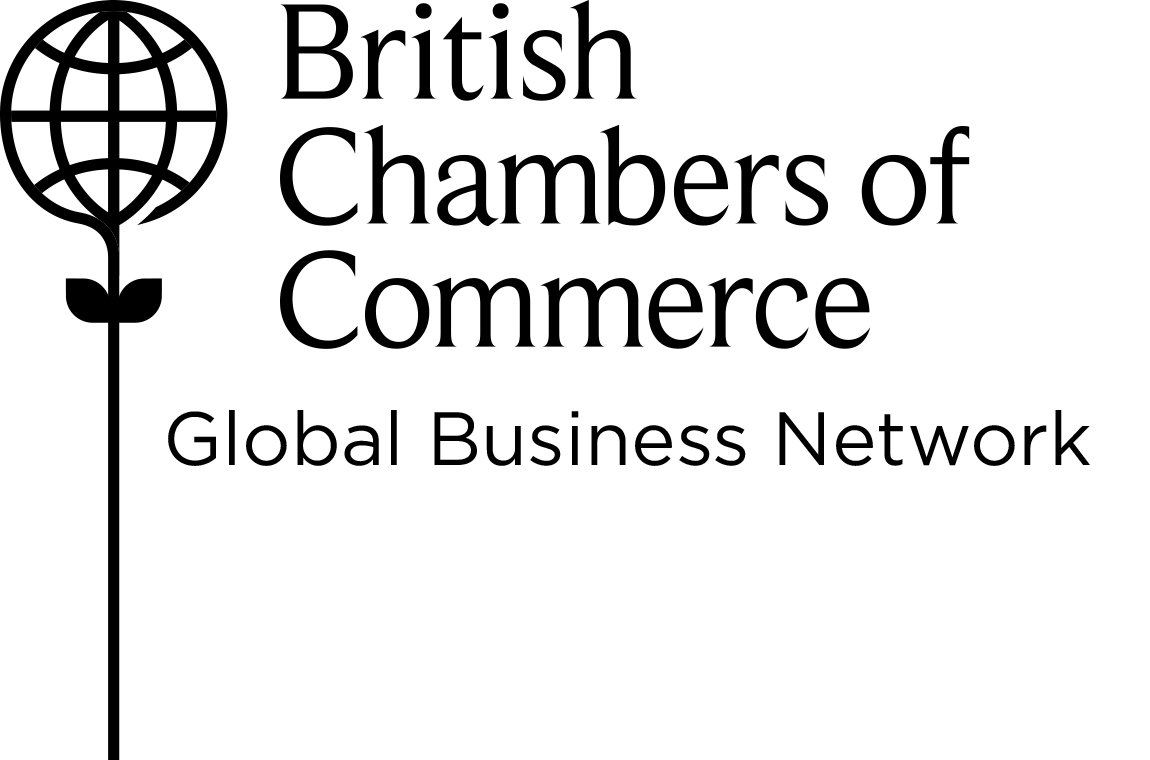Five things I’ve learned about marketing education by Lara Khouri
Date Posted:Sun, 8th Apr 2018

Five things I’ve learned about marketing education by Lara Khouri
I’ve been marketing different levels of education to different audiences on a global scale for over 10 years now. Here are five of the very many things I’ve learned.
1. It’s about personal trust
The key word here, is ‘personal’, not ‘trust’. People have to trust that what they’re buying is right for them. It has to fit not only their budget and career goals, but their very personal preferences. Just because their friends or family had a good experience or result, that doesn’t mean they will sign up for that product or service. It’ll bring the horse to water, but it won’t encourage it to drink. Everything from module content to course length to location to class size to type of assessments to ‘nationality’ of the programme, and everything in between, is going to influence whether the horse drinks.
2. Parents and the students (whether they’re 12 or 20) want ‘the best’ … they just don’t always know what that is
I will never forget one specific conversation I had with a father and son. I say the son was involved – he never actually said anything. The father was very clear that he wanted ‘the best’ university for his son and subjected both me and his son to a seemingly unending monologue which centred around three sentences: ‘I want the best for my son’, ‘I don’t care what it costs’, ‘You are the expert, you tell me if I should send him to Oxford or Harvard or where’. Once the gentleman was done, I said ‘Sir, the love you have for your son is beautiful to see. Have you asked him what’s best for him?’
I got what I can only describe as dumbfounded silence from the father and the most heart-warming reaction I have ever received to anything I have ever said from the son. He looked up at me with shock on his face. No one had ever thought to ask him that. Maybe not even him.
And in both those reactions I saw the opportunity to work with them to understand what ‘the best’ for that young man meant.
This is very much related to my first point about personal trust because ‘the best’ depends on so many factors and, sometimes, people don’t know what’s important to them until we talk to them about it.
3. People don’t always understand what, other than a degree/diploma/certificate, education can offer
Most times, people’s understanding of what education can offer is very basic: a good education will help me get a good job. However, they haven’t worked out that a ‘good education’, at least in part, depends on what they consider a ‘good job’ to be. So, in effect, they have to work backwards and understand what job they want and who they want to be and research what ‘good education’ will help achieve those goals.
As marketers of education, in addition to helping people define what ‘the best’ education means for them we can help them map their path from education to work and, especially, with regards to helping them consider the question of ‘who’ they want to be.
People don’t fully appreciate how what they learn in the classroom can affect or influence who they become outside the classroom. And who they become outside the classroom can influence the kind of job they will define as being a good one.
If we cannot help people arrive at explicit conclusions we can, and should, at the very least, help them consider the questions fully.
4. The younger generation doesn’t understand the difference between a job and a career
The main reason for this seems to be the lack of career talks youths have with their parents, teachers or career counsellors. Another reason seems to be the focus on short term ‘wins’. I put the quotation marks deliberately because what I’m referring to is the focus on living life on social media – which is very short term and no sooner has one post gone up than another is being created.
I’m also referring to the dream all youths seem to have of being overnight YouTube sensations and making wads of money that way.
It is very difficult to have long, carefully considered discussions about a career – something that can take decades to build – with a group of people that thinks in seconds.
However, when we, as adults and marketers of education, introduce the subject, they are willing to have the conversation … maybe because it’s novel!
And sometimes, as a show of the attention they’re paying, they’ll challenge what we say. This is normal. They’re teenagers!
In my experience, if we listen to their challenge and the words they use and answer as much in kind as possible, it can give great results.
I’ll never forget, very early in my career, speaking with some youths at a career fair. And one of the, clearly the class clown, clearly influenced by US hip hop culture, blissfully (for me) unaware that I am an Arab, did a bit of a rap at me which ended with ‘So what’s I’m’a do after my H-N-D?’ To which I replied ‘You gonna get you a J-O-B and make some M-O-N-EY.’ That got them to listen!
5. You don’t mess with people’s education
Granted this is perhaps less of a learning and more of a belief I now hold. However, it must be included in this list.
Taking care of people’s health keeps them alive; taking care of their education helps them build a life.
As education marketing professionals, it is our responsibility to help people who we come into contact with understand how education helps them build a life. And, with that responsibility, come an even greater one: that of doing the right thing.
We must listen to the people we speak with to understand what is important and valuable to them. And if what we’re marketing isn’t right for them we cannot, must not, push it. More than that, if we know that our competitors have a product or service that is right for them, it is our moral duty to let them know. They believe us, rightly or wrongly, to be experts in providing education advice and if we are successful in getting them to take something we are offering even though it’s not right for them, knowing what is right for them and not telling them, we are breaching their trust and conning them out of time, money and, potentially, a fulfilling career and comfortable life.
That. Is. Not. Right. It is unethical and immoral.











